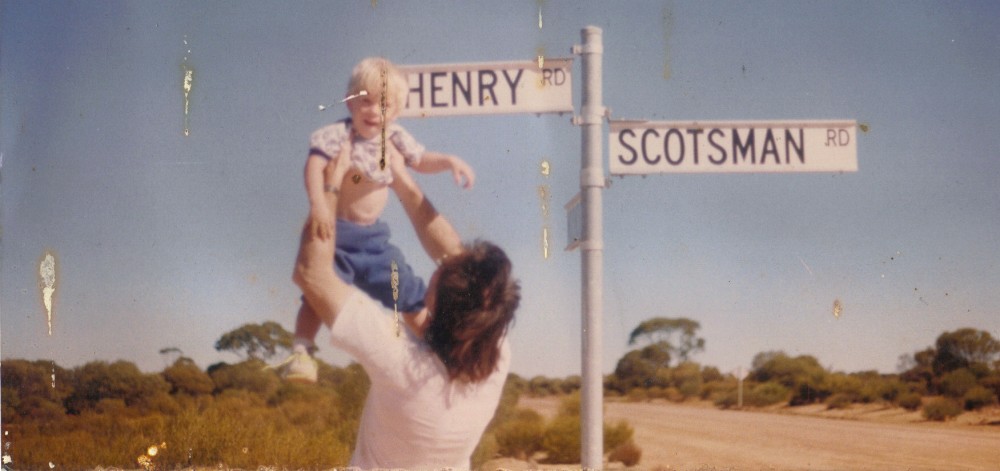I heard your ears prick up when I mentioned a quick and dirty method, as it were, to dashing out a song on demand. Not to corral your efforts on this theme but if you were given a brief by a hard pressed mate who was busily constructing chords, to pen words to a country song called ‘You Can’t Take It Back’ for that gig in Yerecoin. You’ve never been to Yerecoin and have no idea what sort of music they like or what sentiments they’ll find entertaining. Or you’re busking on the street in Tamworth.
The trick is to outline what this angle will bring: stick with the premise – what kinds of things can’t you bring back? Then take four such items and place them in verses down the page. Now add a chorus, perhaps.
‘Your Danielle Steel novels’ is too narrow (even if they are bestsellers) and doesn’t resonate.
No time to be fancy; you’re playing at a mate’s keg party and you don’t have enough material. Or you’ve heard Colin speak disparagingly of Neil Diamond just as you’d perfected Kentucky Woman. Whatever your pressing need to bash out a number, simple is best as it lends itself to the tried and true techniques. So there’s nothing wrong with reaching for the most predictable things one might talk of taking back or having taken back
‘You gave me your heart
For when we are apart
Now you can’t take it back’
‘You gave me your love
and it fit like a glove
Now you can’t take it back’
‘You gave me your soul
A wind-up painted doll
Now you can’t take it back’
‘You gave me your dreams
to pull at the seams
Now you can’t take them back’
Spot the odd one out. That whole soul thing is creepy, get rid of it. Either substitute it with another verse or drop it out altogether. And, no, soul and control has been played out in the Motels. You can’t use that.
II
So, anyhow, that’s the bones of the song and it didn’t take long. You might not want to write to this level all the time. Use times off the road to construct something more substantial that will leave a legacy. For now, know how to deal with all songwriting situations.
